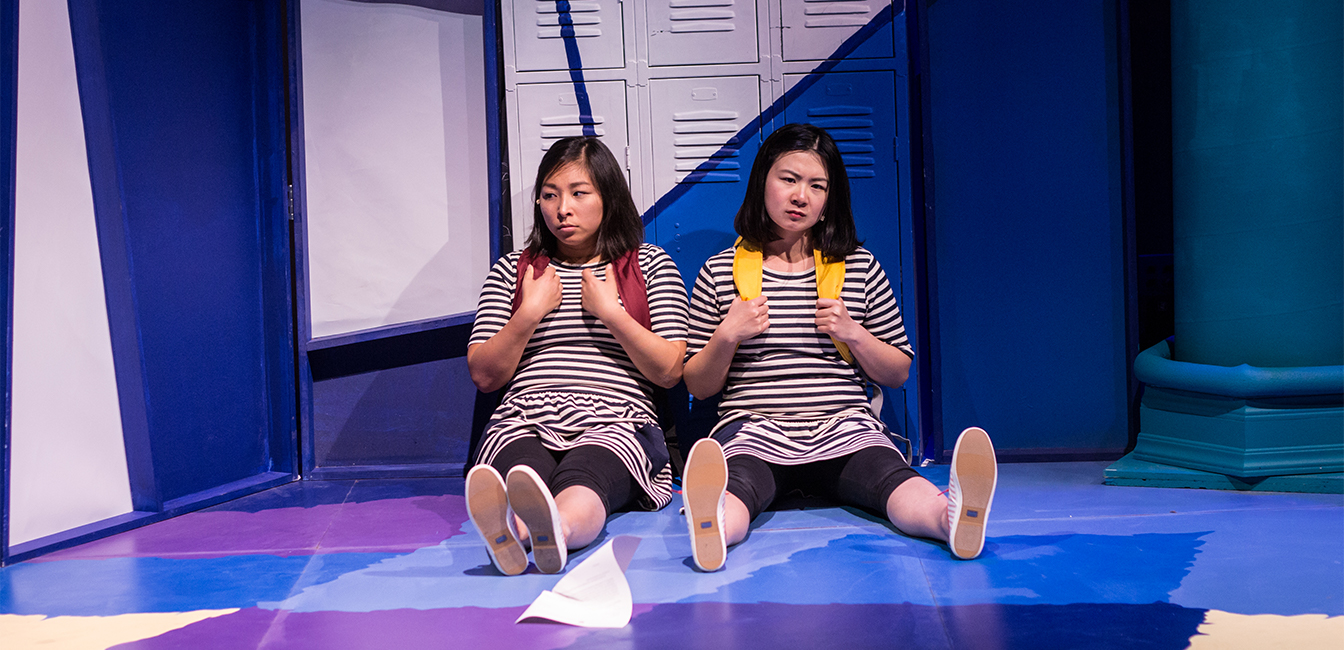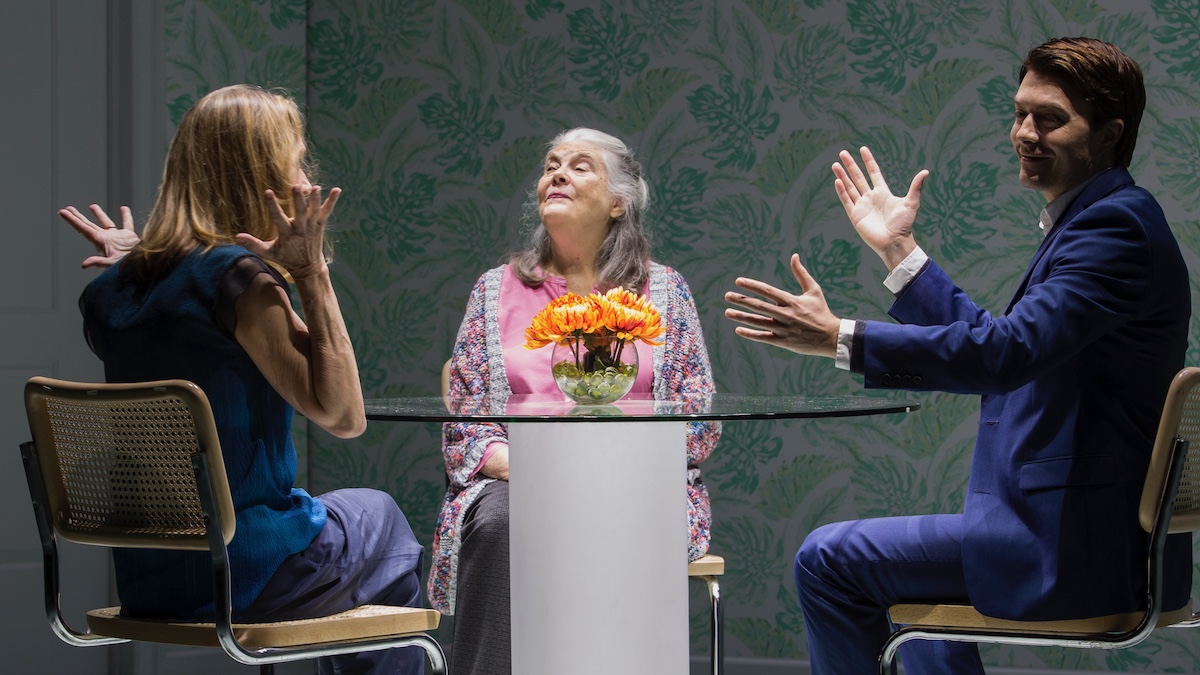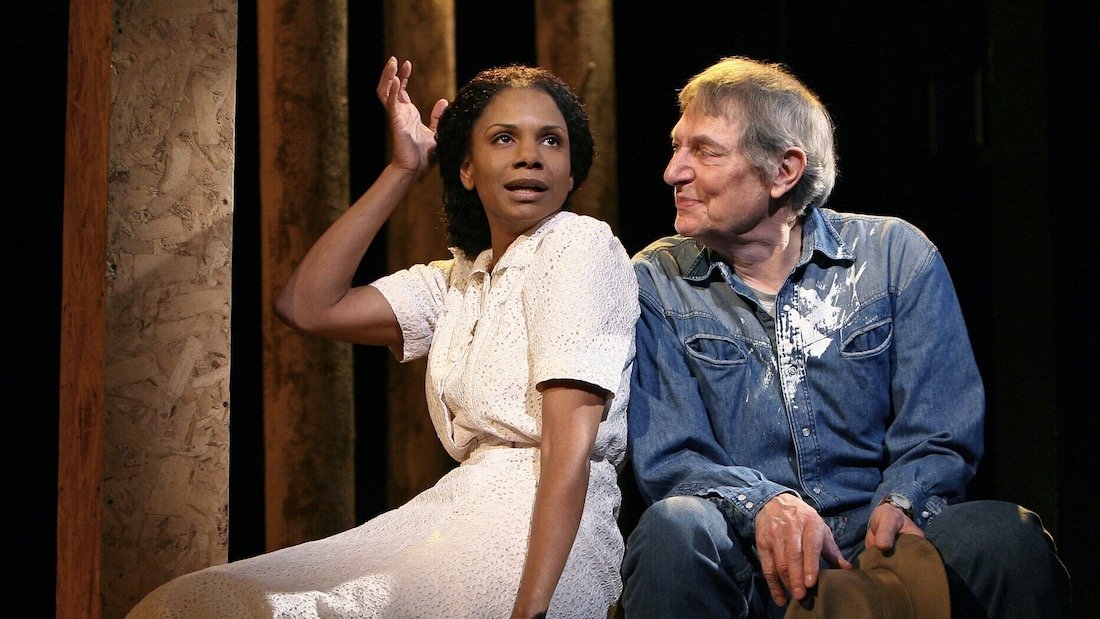
Here at Company One Theatre we talk a lot about community outreach and engagement. As a self-identified “theatre for the people,” we constantly strive to cultivate new audiences and break the boundaries of what theatre can be. Oftentimes, this means thinking beyond the scope of traditional theatre spaces when staging plays, and our most recent season marked historic strides in cross-functional relationships between theatre and other cultural landmarks in Boston. Much of our programming took place beyond the walls of the theatre: In an art museum, for instance, or a gallery.
When the opportunity arose last spring to produce a play at the Boston Public Library, in partnership with the City of Boston and All the City’s a Stage: A Season of Shakespeare, we jumped at it. The Central Library has become a cultural hub in Boston, uniting the city’s diverse communities through its expansive programming and resources, all at no cost to the visitor. With a new renovation featuring a gussied-up, movie theatre-like lecture hall, the Library presented an alternative to traditional theatre spaces that had the capacity to welcome throngs of our city’s citizens and curious tourists.
Our production — the Boston premiere of Jiehae Park’s Peerless, a Shakespeare-inspired dark comedy that we billed as “Mean Girls meets Macbeth” — was the first full-scale theatrical production ever staged in the Library. Given that the space wasn’t designed with theatre in mind, we faced some unique design challenges, but it also opened up a world of audience engagement opportunities. Park’s commitment to the relationship between the audience and the bodies on stage was a guiding force during this process, as was the specificity and complexity of the play’s language, and her insistence that her work is designed for audiences as diverse as our own city.
The beauty of staging a play at a library is the accessibility that comes with it. Libraries are community spaces, places where people can come and go freely without feeling restricted by the typical norms of a theatre. Some library patrons peeked their heads into our performances out of curiosity, and either stayed for the shows or returned another night with family and friends. Many of our individual ticket sales for Peerless came from interested passersby who may not have otherwise sought out a Company One production in the city’s South End. Spatially, the Library offered a degree of openness we hadn’t previously experienced.
The play’s subject matter also made our production approachable to a number of people. Peerless explores the cutthroat nature of college admissions and its impact on today’s high school students — a topic many Bostonians found relatable, given the city’s reputation as a higher education mecca. Younger audiences in particular could relate to the characters’ challenges: scrambling over pieces of the pie, wrestling against economics, stereotype, and rough categorizations. Just as Park’s characters are pitted against one another in a battle to amplify their uniqueness, so too are many Boston-area students, with the ultimate goal of gaining acceptance to an elite university. The play’s content drew people to our production as they yearned to continue these conversations within their communities. Park’s modern take on Macbeth made the Bard’s constructs seem less daunting and more relatable, encouraging audience members to share ideas during post-show discussions.
Thanks to the generosity of numerous donors, as well as support from the library itself, we were able to offer Pay What You Want tickets to all performances of Peerless. This flexible pricing structure further broke down barriers to attendance, making Peerless tickets affordable to a greater number of Bostonians and allowing us to embrace the central role the Library plays in our city’s ecology. The affordability of tickets, in conjunction with the production’s free student matinee series, gave us the chance to share the work of one of this country’s most vital artistic voices with teaching artists, public school students, teens supported by the city’s Youth Empowerment and Employment program, community partners like Hyde Square Task Force and the Boys and Girls Club, traditional and nontraditional theatre audiences, transitional populations and, of course, library patrons.
Company One’s partnership with, and celebration of the purpose of the Library as a public good, is tied up in the ideas at the heart of Peerless: that the scarcity of access to information — to education — is like a social cancer. The play speaks about the struggles that many of our city’s youth face when seeking access to higher education, and its themes are potent for academic cities like Boston. Peerless continued important dialogues for our community members, and the play’s reach and impact would not have been possible had we staged Peerless in a different venue. All arts organizations should strive to achieve the radical openness of libraries in order to truly understand their community members and meet them where they are. For Company One, our collaboration with the BPL enhanced our understanding of community engagement and audience accessibility, and further encouraged us to bring theatre to non-traditional spaces in Boston.

Inspired by True Events: A Conversation with Playwright Ryan Spahn

Plays About Technology

